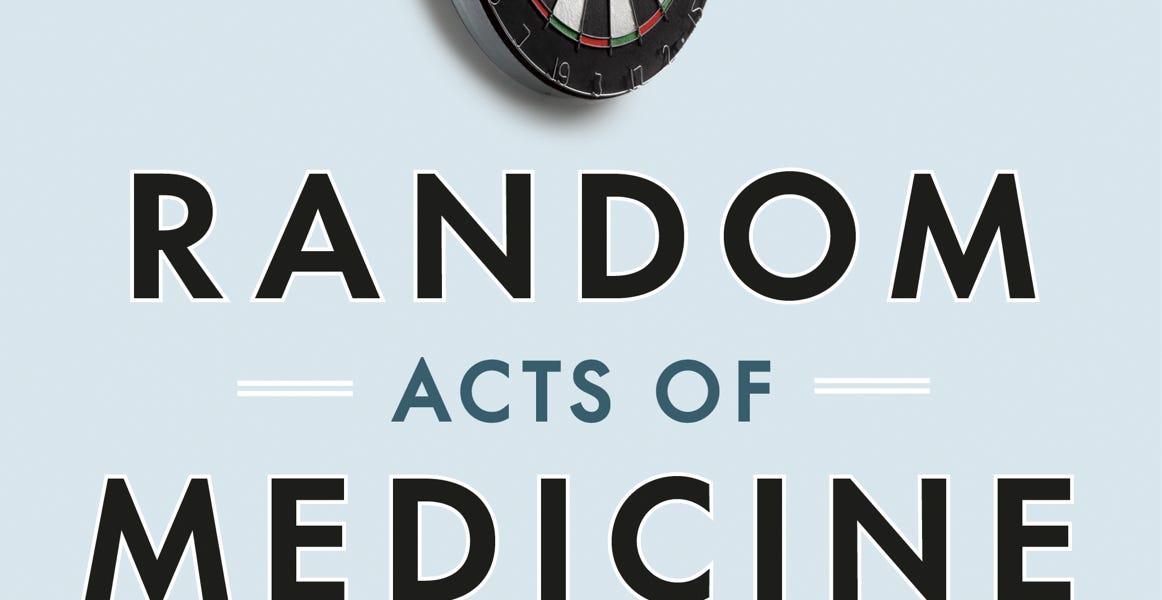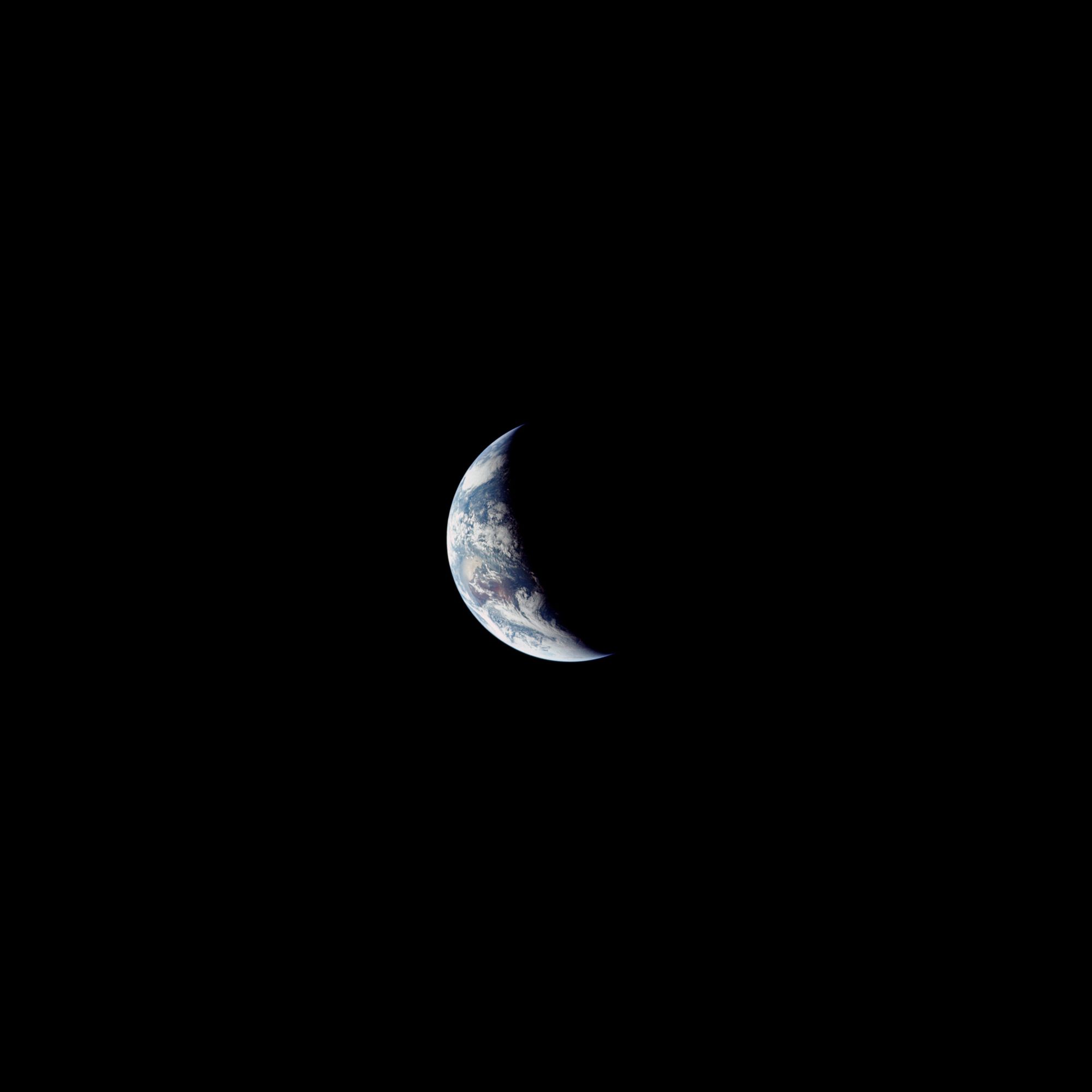The World, reshaped
Will human language be relegated to a last-mile artifact? And why are children born in autumn less likely to kill their grandparents? (#450)
Welcome to what is indeed already issue number 450 of the Weekly Filet. I hope it's still true what one longtime reader once said about it: «Every week, it’s a treasure trove full of serendipity — which makes it truly one of the best places on the internet.» Thanks Florian, for setting a bar I keep in mind every time I write the newsletter. And thanks everyone else who is following along.
1. How a Vast Demographic Shift Will Reshape the World
2050 has become a symbol for the human quest to kick the fossil fuel addiction. However, there's another challenge waiting by then. The average population in the Western world will be old, very old. And for many Asian countries, there's an even trickier challenge: They are «becoming old before they become rich». (Gift link so you can read it without a subscription)

2. Everyone’s Making Money On The Women’s World Cup—Except The Women
The women's football world cup has kicked off this week. It's bigger than ever before, and good money to be made. But the players still earn way less than their male counterparts. This Bloomberg podcast explains why that is.

3. Life After Language
An excellent piece on what it means for our languages when more and more communication is between computers. Quote: «It seems obvious to me that machines will communicate with each other in a much more expressive and efficient latent language, closer to a mind-meld than communication, and human language will be relegated to a last-mile artifact used primarily for communicating with humans.»

4. Jes, Baguette
From the Everything is Alive podcast, an interview with a baguette. Hey, it's the internet, there's nothing that doesn't exist. And it's actually quite good.

5. Freakonomics, But for Medicine
Large marathons increase the risk of dying for people living in that city. Children born in autumn are less likely to kill their grandparents. An emergency room visit on the wrong side of your 18th birthday increases your risk of opioid addiction. An interview full of interesting examples of so called «natural experiments».

What else?
- This is a very clever ad.
- Every time I look at this drawing, my brain is confused again.
- Not quite Europe: A map of European countries swapped out for countries with the most similar shape.
- An extended behind-the-scenes of that Tom Cruise stunt.
- Can't wait for the new Explosions in the Sky album to come out. Here's the first song.
A gem from the archive
This part of history should be more widely known. The story of one scientist who caused two environmental disasters and the deaths of millions (to call it «accidentally» is a bit of a misnomer; once you learn that your invention is harmful, but keep promoting it, what follows isn’t accidental).


Thanks for reading. I wish you a nice weekend and hope to see you again next Friday!
— David 👋






